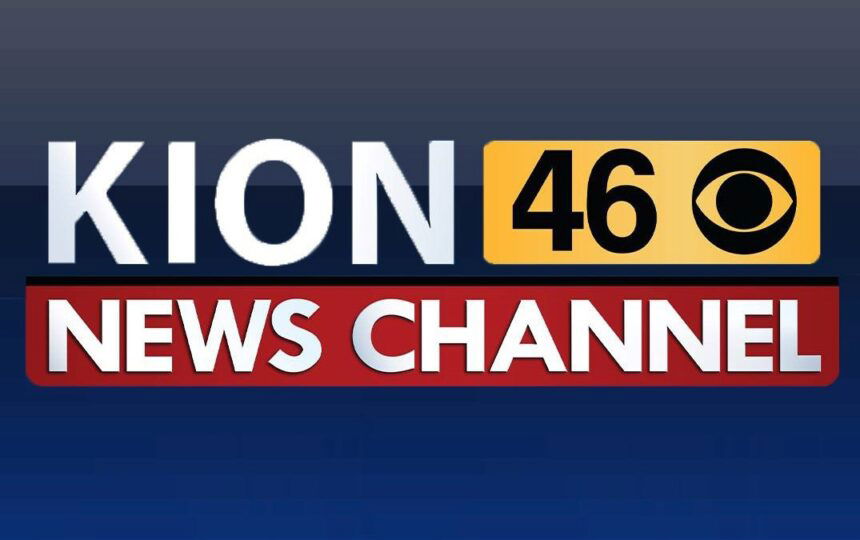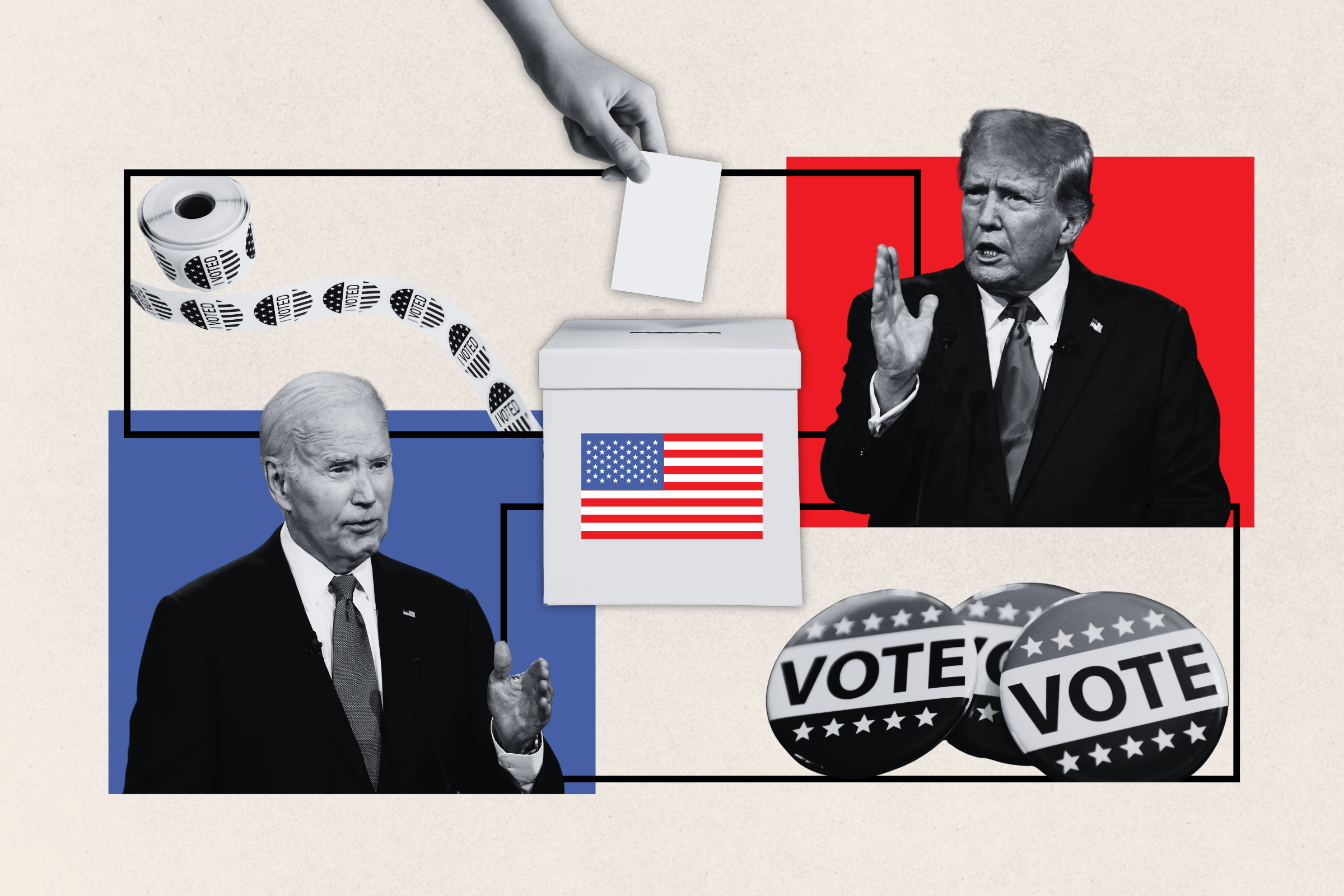PARIS (AP) — The far-right National Rally leaped into a strong lead Sunday in France’s first round of legislative elections, polling agencies projected, bringing the party closer to being able to form a government in round two and dealing a major slap to centrist President Emmanuel Macron and his risky decision to call the surprise ballot.
When he dissolved the National Assembly on June 9, after a stinging defeat at the hands of the National Rally in French voting for the European Parliament, Macron gambled that the anti-immigration party with historical links to antisemitism wouldn’t repeat that success when France’s own fate was in the balance.
But it didn’t work out that way. With French polling agencies projecting that the National Rally and its allies got about one-third of the national vote on Sunday, Macron’s prime minister warned that France could end up with its first far-right government since World War II if voters don’t come together to thwart that scenario in round two next Sunday.
“The extreme right is at the doors of power,” Prime Minister Gabriel Attal said. He twice described National Rally policy pledges as “disastrous” and said that in the second-round ballot, “not one vote should go to the National Rally.”
French polling agencies’ projections put Macron’s grouping of centrist parties a distant third in the first-round ballot, behind both the National Rally and a new left-wing coalition of parties that joined forces to keep it from winning power.
Winning a parliamentary majority would enable National Rally leader Marine Le Pen to install her 28-year-old protege, Jordan Bardella, as prime minister and would crown her yearslong rebranding effort to make her party less repellent to mainstream voters. She inherited the party, then called the National Front, from her father, Jean-Marie Le Pen, who has multiple convictions for racist and antisemitic hate speech.
Still, the National Rally isn’t there yet. With another torrid week of campaigning to come before the decisive final voting next Sunday, the election’s ultimate outcome remains uncertain.
Addressing a jubilant crowd waving French tricolor flags of blue, white and red, Le Pen called on her supporters and voters who didn’t back her party in the first round to push it over the line and give it a commanding legislative majority. That scenario would force Bardella and Macron into an awkward power-sharing arrangement. Macron has said he will not step down before his term expires in 2027.
Only the second round will make clear whether Le Pen’s party and its allies get the absolute majority they would need to comfortably form a government and then start to implement their promises to dismantle many of Macron’s key policies and foreign policy platforms. That would include stopping French deliveries of long-range missiles to Ukraine in the war against Russia’s full-scale invasion. The National Rally has historical ties to Russia.
The far right’s more confrontational approach to the European Union, its plans to roll back Macron’s pension reforms and National Rally promises to boost voters’ spending power without clearly detailing how it would pay for the pledge could also spook European financial markets.
Some polling agency projections indicated that in the best-case scenario for the far right, the National Rally and its allies could collectively clear the bar of 289 seats needed for a secure majority in the 577-seat National Assembly.
But, depending on how the second round shakes out, the far right could also fall short and leave no single bloc with a clear majority, polling agencies projected. Predictions are difficult because of the two-round voting system. Early official results for the first round were expected later Sunday.
Already on Sunday night, the far-right’s rivals were working on arrangements to pull some of their candidates out of the race in round two, in an effort to concentrate votes against the National Rally.
Turnout was at least 66%, according to polling estimates, which would make it the highest for a first-round legislative election in 27 years.
Many French voters are frustrated with inflation and other economic concerns, as well as Macron’s leadership, seen as arrogant and out-of-touch with their lives. The National Rally party has tapped that discontent, notably via online platforms such as TikTok.
Foremost for many voters were the rising cost of living and immigration, which the National Rally campaigned heavily on. The campaign was marred by rising hate speech.
“People don’t like what has been happening,” said Cynthia Justine, 44. “People feel they’ve lost a lot in recent years. People are angry. I am angry.” With the rising hate speech, it was necessary to express frustrations with those holding and seeking power, she added.
She said it was important as a woman to vote since women haven’t always had that right. And “because I am a Black woman, it’s even more important. A lot is at stake on this day.”
The National Rally has questioned the right to citizenship for people born in France, and it wants to curtail the rights of French citizens with dual nationality. Critics say that undermines human rights and is a threat to France’s democratic ideals.
A 64-year-old voter, Philippe Lempereur, expressed fatigue with politicians from the left, right and center and what he called their inability to work together on issues such as ensuring people have shelter and enough to eat. “We vote by default, for the least worse option,” he said. “I prefer to vote than do nothing.”
In the restive French Pacific territory of New Caledonia, polls closed earlier due to a curfew that authorities have extended until July 8. Violence flared there last month, leaving nine people dead, due to attempts by Macron’s government to amend the French Constitution and change voting lists, which the Indigenous Kanaks feared would further marginalize them. They have long sought to break free from France.
Voters in France’s other overseas territories of Saint-Pierre-et-Miquelon, Saint-Barthélemy, Saint-Martin, Guadeloupe, Martinique, Guyana and French Polynesia, and those voting in offices opened by embassies and consular posts across the Americas cast their ballots Saturday.
___
Associated Press writers Barbara Surk in Nice, France, and Diane Jeantet in Lens, France, contributed to this report.
___
Follow AP’s coverage of elections at https://apnews.com/hub/global-elections
Copyright 2024 The Associated Press. All rights reserved.












